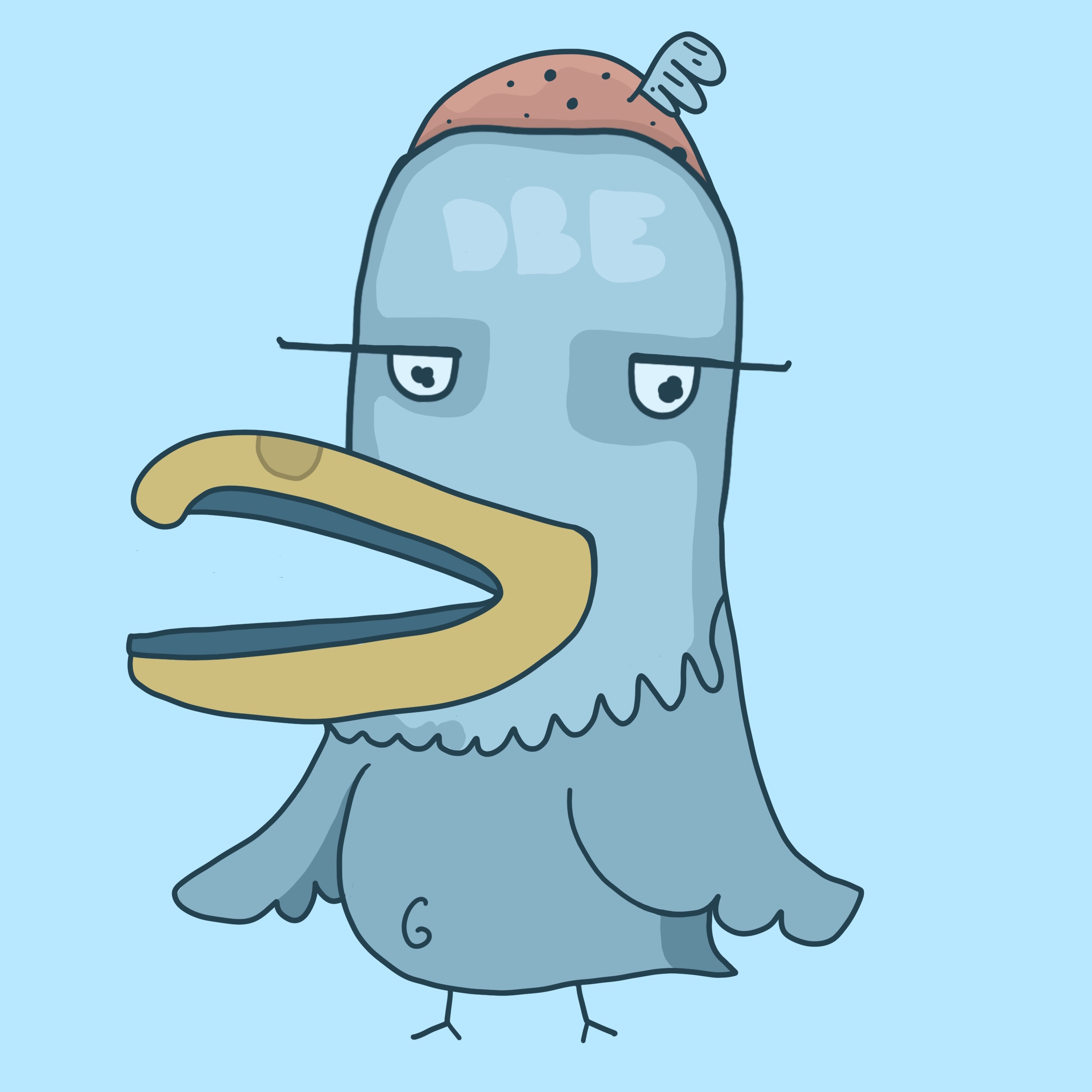-
Article in Dutch, full translation in comments section
-
“The amended proposal for the introduction of the controversial chat check does not receive support from the Netherlands. The Danish compromise brings mandatory detection back into the proposal and the Netherlands cannot support that, writes the outgoing Minister of Justice and Security ( per 29 sep 2025)”
-
FYI: Tweakers.nl is considered a reliable source for tech info. Confirmed with Official Dutch Gvment ( Rijksoverheid) document
Thank goodness there are still decent people in government
Mooi zo. Chat control should die in a fire.
It is also really typical that Tweakers is the only somewhat major Dutch source reporting on this - none of the “real” newspapers that most “regular” non-nerds read. The latest articles I could find (ok tbf I only spent ~a minute) are from 2023…
Chat control should die in a fire
I’m not so specific in my wishes, but fire works, as long as Chatcontrol 2 dies and stays dead this time!
Also next meetings are scheduled for 13 / 14 oktober, and it seems Germany’s stance will be decisive.
@German neighbours do your thing, and let your Gouvement say NO too. Appreciated!
@Danish neighbours what’s up with this agenda already? Enough other stuff to work on, like maybe drone security and such.
Full translation via Vivaldi browser
The amended proposal for the introduction of the controversial chat check does not receive support from the Netherlands. The Danish compromise brings mandatory detection back into the proposal and the Netherlands cannot support that, writes the outgoing Minister of Justice and Security.
The Netherlands does not support the current proposal for the European introduction of chat control, because it would essentially make back doors in secure communication legally mandatory. On July 1, an adjustment was made to that EU proposal, with Denmark taking office as President of the Council of the European Union. That compromise brings mandatory detection of child abuse material (CSAM) back into the proposal.
The main difference with the Polish Presidency’s proposal earlier this year is that mandatory detection under certain conditions has been reinstated in the proposal," reports outgoing Minister of Justice and Security, Foort van Oosten. He writes this in a letter to the House of Representatives about the current state of affairs regarding the EU regulation that aims to prevent and combat child sexual abuse online.
The outgoing minister thus provides an update in the run-up to the committee debate that serves to prepare for the meeting of the European Council for Justice and Home Affairs (JHA) on 13 and 14 October. Chat control is available on the second day of the meeting on the agenda. . The Dutch parliament already spoke out almost a year ago against chatcontrol, after the Dutch cabinet has previously abstained from voting on a Hungarian compromise for the controversial proposal.
The EU proposal currently has insufficient support among Member States. . Germany has spoken out against chat control, but wants to reach a compromise in order to arrive at European legislation. The current compromise proposal under the Danish Presidency brings back mandatory detection under certain conditions in the form of so-called detection orders. The Netherlands cannot agree to this, according to outgoing Minister Van Oosten.
The outcome of the vote on chat control on October 14 is still uncertain. “There is currently no clarity about the position of other Member States and their possible consequences for the blocking minority,” writes the Dutch minister. “It is clear that the field of forces is still fragmented: a number of Member States have spoken positively about the Danish proposal, a number of Member States –, including the Netherlands –, have indicated that they cannot support the proposal and a number of Member States are still maintaining a study reservation.”


:strip_icc():strip_exif()/i/2007814664.jpeg?f=fpa_original)

